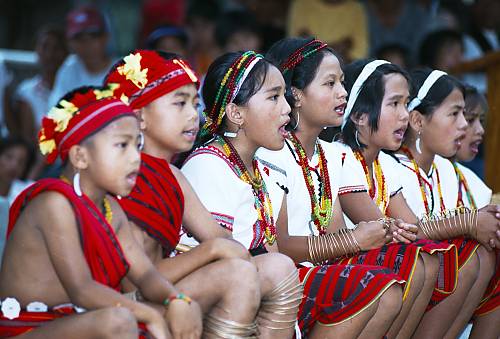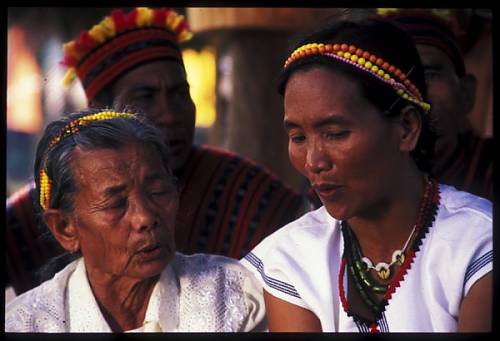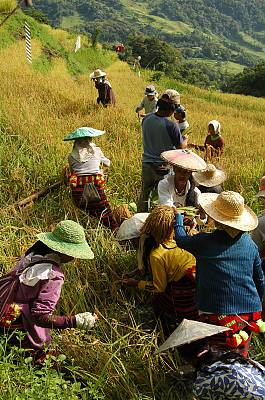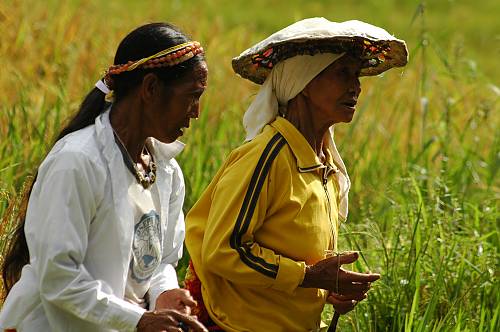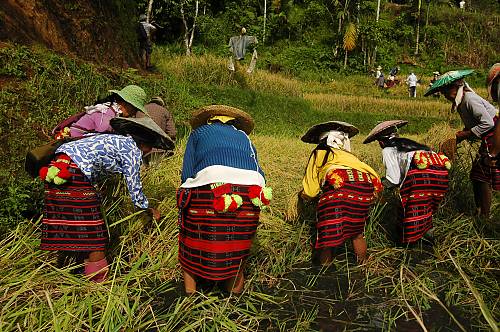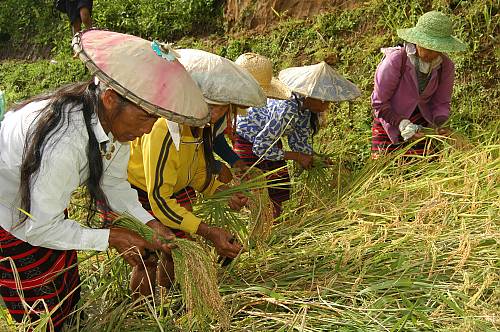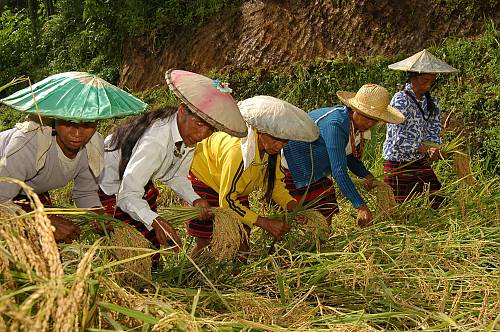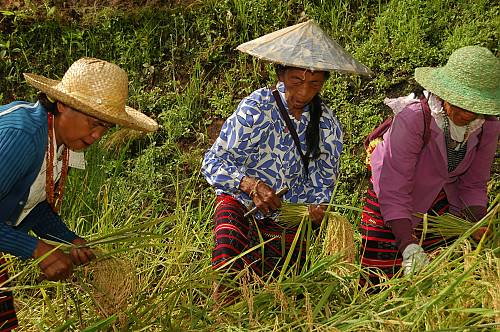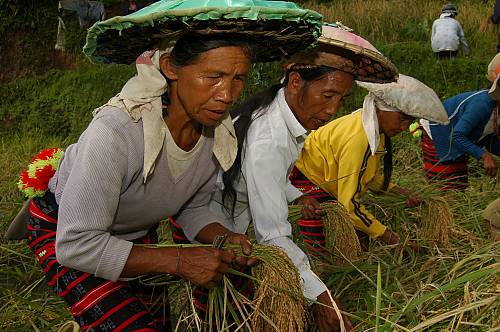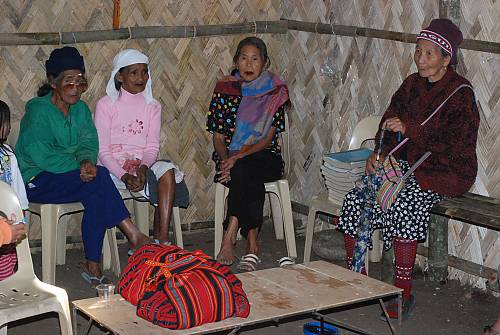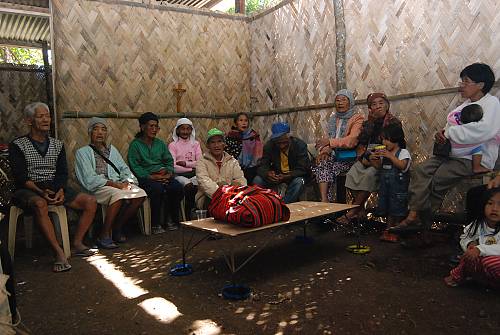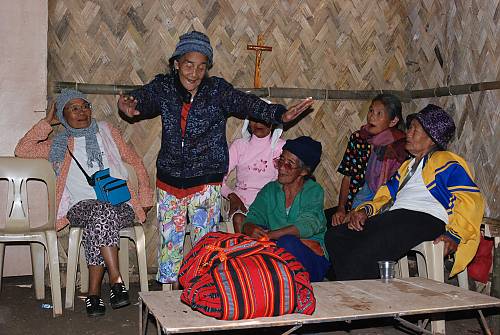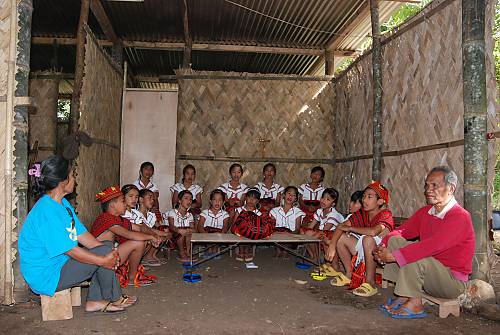Hudhud chants of the Ifugao
Inscribed in 2008 (3.COM) on the Representative List of the Intangible Cultural Heritage of Humanity (originally proclaimed in 2001)
The Hudhud consists of narrative chants traditionally performed by the Ifugao community, which is well known for its rice terraces extending over the highlands of the northern island of the Philippine archipelago. It is practised during the rice sowing season, at harvest time and at funeral wakes and rituals. Thought to have originated before the seventh century, the Hudhud comprises more than 200 chants, each divided into 40 episodes. A complete recitation may last several days.
Since the Ifugao’s culture is matrilineal, the wife generally takes the main part in the chants, and her brother occupies a higher position than her husband. The language of the stories abounds in figurative expressions and repetitions and employs metonymy, metaphor and onomatopoeia, rendering transcription very difficult. Thus, there are very few written expressions of this tradition. The chant tells about ancestral heroes, customary law, religious beliefs and traditional practices, and reflects the importance of rice cultivation. The narrators, mainly elderly women, hold a key position in the community, both as historians and preachers. The Hudhud epic is chanted alternately by the first narrator and a choir, employing a single melody for all the verses.
The conversion of the Ifugao to Catholicism has weakened their traditional culture. Furthermore, the Hudhud is linked to the manual harvesting of rice, which is now mechanized. Although the rice terraces are listed as a World Heritage Site, the number of growers has been in constant decline.The few remaining narrators, who are already very old, need to be supported in their efforts to transmit their knowledge and to raise awareness among young people.

